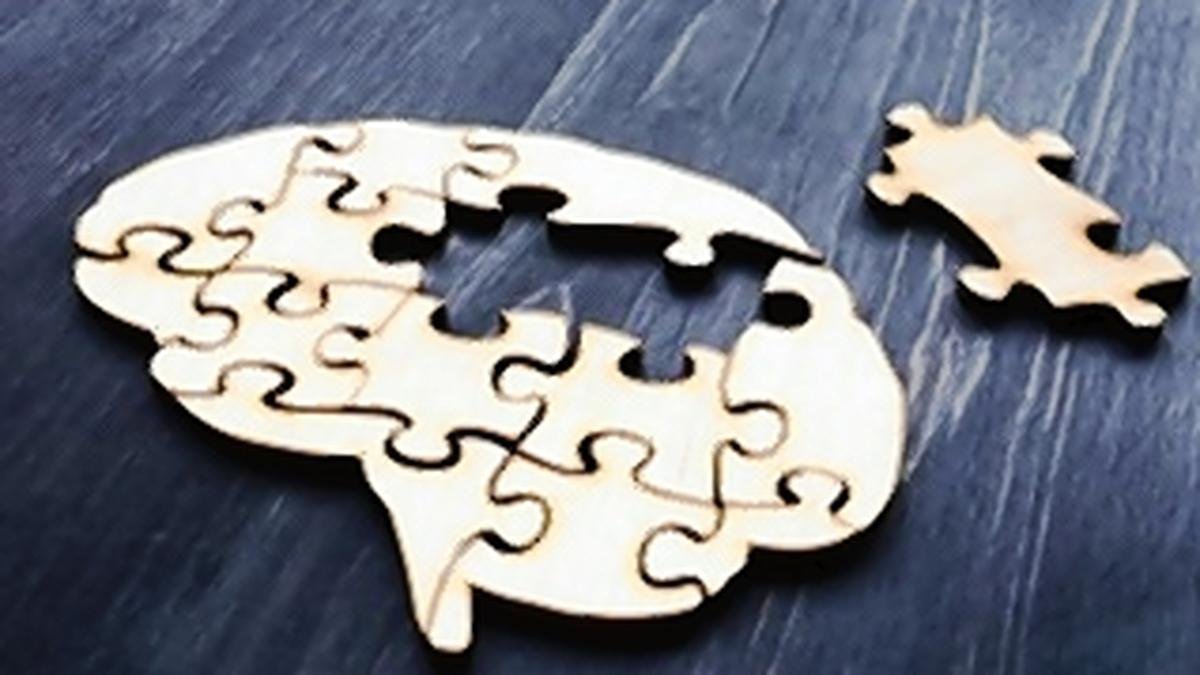Beating stigma: Adolescents, young adults are now increasingly talking about mental health and seeking help too
Adolescents and young adults are slowly but gradually shaping conversations about mental health. Unlike in the past, when mental health was rarely discussed and symptoms mostly ignored, psychiatrists are now seeing a shift taking place, with help-seeking behaviour improving gradually. But they point out that there is still a long way to go in recognising and treating mental illnesses early,
Half of all mental disorders in adulthood start by age 18, but most cases are undetected and untreated, according to the World Health Organization (WHO). Globally, it is estimated that one in seven among 10-19 year olds experience mental health conditions, accounting for 15% of the global burden of disease in this age group. Depression, anxiety and behavioural disorders are among the leading causes of illness and disability among adolescents, the WHO says.
A number of psychiatrists say that adolescents and young adults are increasingly open to talking about mental health. Venkateswaran R., consultant psychiatrist in Chennai said the perception of mental illness has definitely changed among adolescents and young adults. “Earlier, people used to seek help for major or severe illnesses only, and the concept of prevention had not been there as far as mental health was concerned. Now, with changing perceptions, primary prevention is taking place,” he said.
In children, if development disorders such as Attention-Deficit Hyperactivity Disorder, autism and dyslexia are not attended to, it can lead to an increase in stress levels in them, he said, adding: “This could result in children being bullied in schools, academic issues or they can become very sensitive. Over the years, this could lead to chronic stress, making them prone to mental health issues. Now, with better awareness, development disorders are being picked up early in children.”
Elaborating on primary prevention, he said that families are bringing in adolescents and young adults experiencing stress, performance anxiety and those with personality issues, early. “This help seeking behaviour helps in preventing the progression to full blown mental illness in many instances. Commonly-seen mental health issues among adolescents and young adults are depression, personality issues and anxiety,” he said.

‘Parents need to support health-seeking behaviour’
Lakshmi Vijayakumar, psychiatrist and founder of SNEHA suicide prevention centre in Chennai, said that there was no doubt that the perception about mental health has changed, with young people much more open and willing to seek help now. “Help-seeking behaviour has increased and young persons are open to recognising the mental health issues in them. At times, the problem, especially in the case of adolescents, is that when they want to seek help, parents fail to recognise their needs, and try to assure them that nothing is wrong. It is important to understand that the majority of mental health problems start during adolescence,” she said.
“We see young people come to us saying they are very depressed, not their usual self, not functioning properly, experiencing weird feelings, self-harming and an inability to concentrate. In fact, the majority of users of our chat services are young people. At least 95% of users are aged 14 to 21 years,” Dr. Vijayakumar added.
P. Poorna Chandrika, professor of psychiatry, Institute of Mental Health, Chennai, said that more adolescents and young adults have indeed started to seek help for their mental health issues. “This trend has particularly improved after the COVID-19 pandemic. It is often the teachers who identify that a child has a mental health issue and suggest that they seek help,” she observed.
Mobile usage and screen time have increased like never before during and after the pandemic. “We are seeing children with issues relating to increased screen time, relationship issues, memory problems, a decrease in concentration, difficulties in communication and interactions in the real world,” she said.

Genetic, environmental factors
Dr. Venkateswaran points out that there is both a genetic and environmental component to mental health issues just like any chronic illnesses such as diabetes or hypertension. “In mental health, environmental factors play a crucial role. Too much of mobile phone usage and fading of interpersonal connections, lack of physical activity, excessive junk food and poor sleep routines are among the negative environmental factors,” he said.
Balance s key for parents: being overprotective or permissive at one end of the spectrum to highly neglectful and abusive at the other end are not healthy parenting styles, he added. “They have to spend quality time with children and be friendly, and at the same time, it is important to maintain boundaries as well so that children like the parents as well as respect them. Healthy parenting, a good social life, extra-curricular activities along with importance to studies are protective factors against adverse mental health,” Dr. Venkateswaran said.
Dr. Vijayakumar noted that there is a lack of child-friendly mental health services as the majority are geared to treat chronic mental illness or for adults. Access to information on mental health is one of the biggest problems, as there are no regulations or monitoring over such information, she felt.
Dr. Poorna Chandrika believes that schools should have life skills education and that children should be engaged in active sports with physical education classes being held compulsorily. “The District Mental Health Programme teams, during their visits to schools, offer life skills education, but there is a need for more such continuous programmes. The State’s health helpline 104 can be contacted for any professional help,” she added.
Published – February 13, 2025 05:28 pm IST



Post Comment